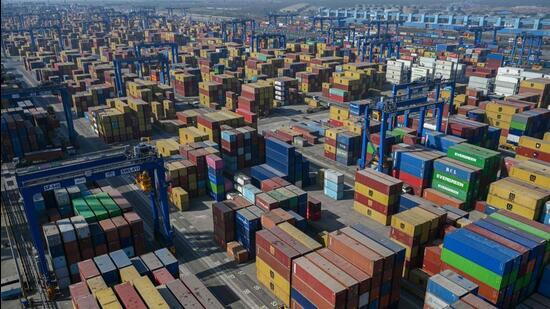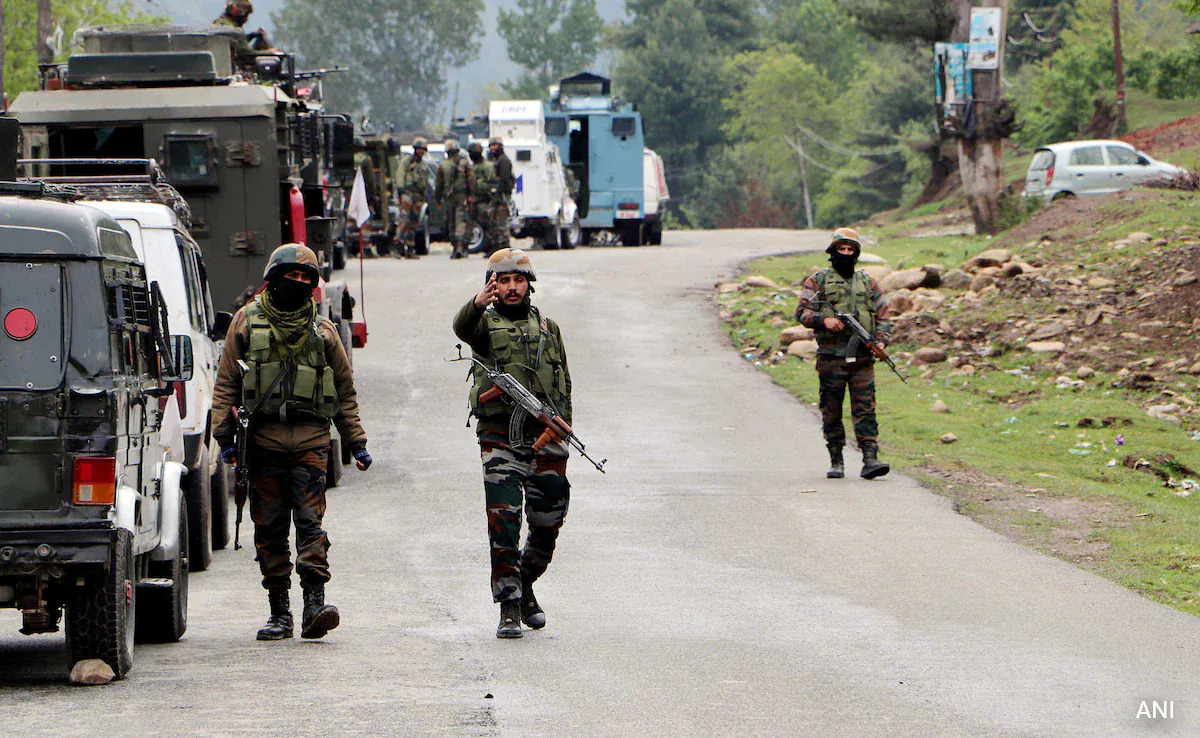India said the trans-shipment facility was withdrawn because logistical delays and higher costs were hindering India’s own exports and creating backlogs

An April 8 circular from India’s customs department rescinded the arrangement of June 2020 allowing the trans-shipment of export cargo from Bangladesh to third countries via Indian airports and ports.
NEW DELHI: India has ended a nearly five-year-old arrangement for trans-shipment of Bangladeshi export cargo to third countries via Indian airports and ports against the backdrop of increasingly strained relations between the two countries. The external affairs ministry on Wednesday cited congestion at Indian airports and ports as the reason for the move, which came days after Bangladesh interim government chief Muhammad Yunus’ controversial remarks leveraging the isolation of India’s landlocked northeastern states while seeking Chinese investments.
A circular from India’s customs department issued on April 8 rescinded the arrangement of June 2020 allowing the trans-shipment of export cargo from Bangladesh to third countries via Indian airports and ports. Bangladesh used the arrangement to move cargo through Indian land customs stations to be shipped to destinations in Europe, West Asia and other regions.
“This was a facility that was extended to Bangladesh in 2020. The trans-shipment facility extended to Bangladesh had, over a period of time, resulted in significant congestion at our airports and ports,” external affairs ministry spokesperson Randhir Jaiswal told a weekly media briefing.
Logistical delays and higher costs were hindering our own exports and creating backlogs. The facility, therefore, has been withdrawn with effect from April 8, 2025,” he said.
Jaiswal clarified that these measures would “not impact Bangladesh’s exports to Nepal or Bhutan transiting through Indian territory”.
Under the terms of the World Trade Organization’s (WTO) Trade Facilitation Agreement (TFA), which India ratified in 2016, New Delhi has to facilitate trade for landlocked developing countries (LLDCs). People familiar with the matter said on condition of anonymity that trans-shipment of goods from Bangladesh to Bhutan and Nepal will continue under the terms of the TFA.
Under the arrangement, Bangladesh has used several Indian airports and ports, including the New Delhi and Kolkata airports, to send export cargo to different regions around the world. During the past 10 years, the Indian side took several initiatives to enhance trade connectivity with Bangladesh, especially measures to facilitate the trans-shipment of goods from other parts of the country to the northeastern states via Bangladeshi territory.
Relations between India and Bangladesh have been in freefall since former premier Sheikh Hasina’s government was ousted following weeks of student-led protests last August and the interim government headed by Yunus assumed office. India has repeatedly urged Bangladesh to prevent the repression of minorities, including Hindus, and expressed concern at an increase in radicalisation.
Days before a meeting between Yunus and Prime Minister Narendra Modi on the margins of the Bimstec Summit in Thailand last week, the Bangladeshi leader appeared to leverage the geographical isolation of India’s northeastern states while seeking Chinese investments.
Addressing a business meeting during a visit to China, Yunus said India’s landlocked northeast, which shares a nearly 1,600-km border with Bangladesh, has no way to reach the ocean except through his country.
“This opens up a huge possibility, this could be an extension of the Chinese economy,” Yunus said.






